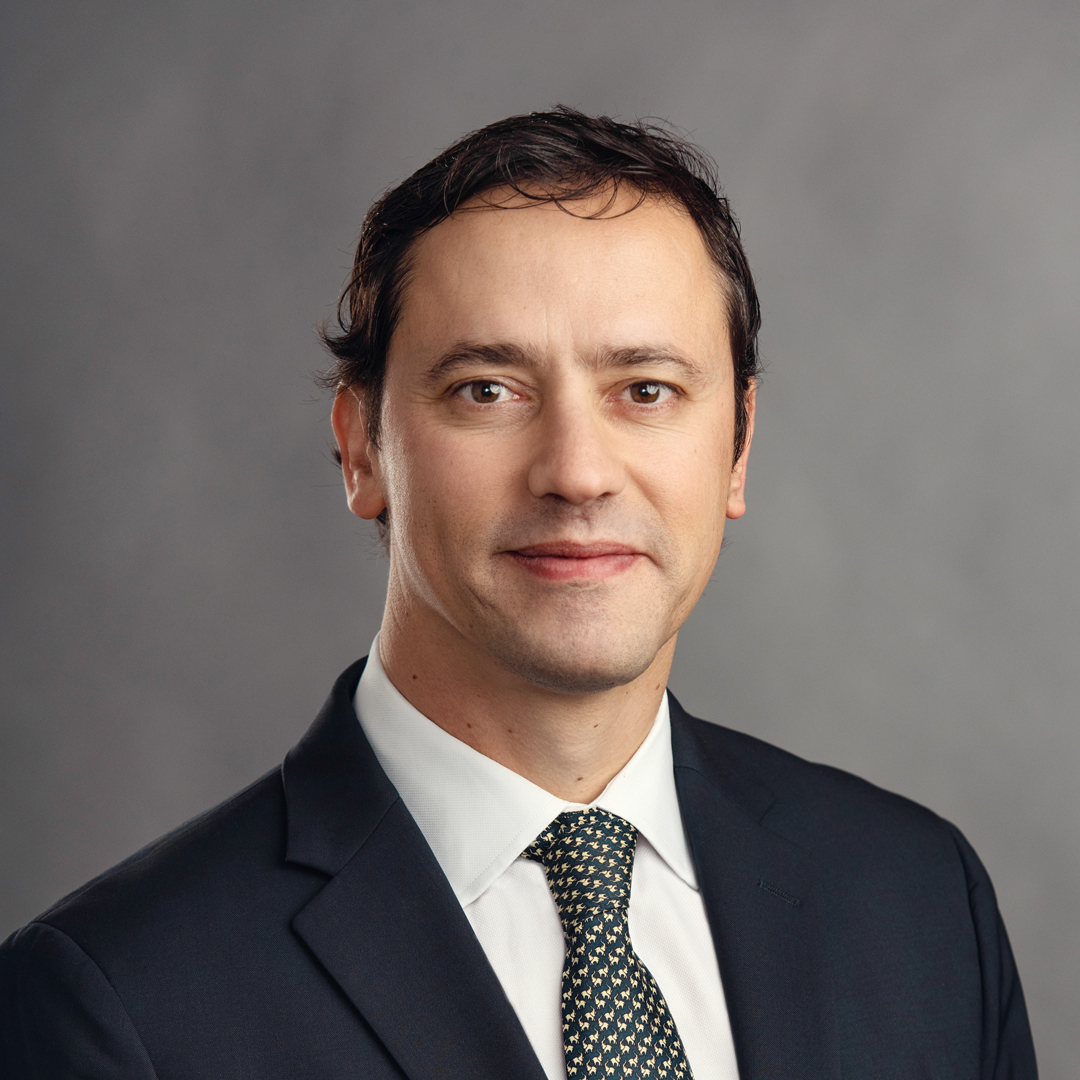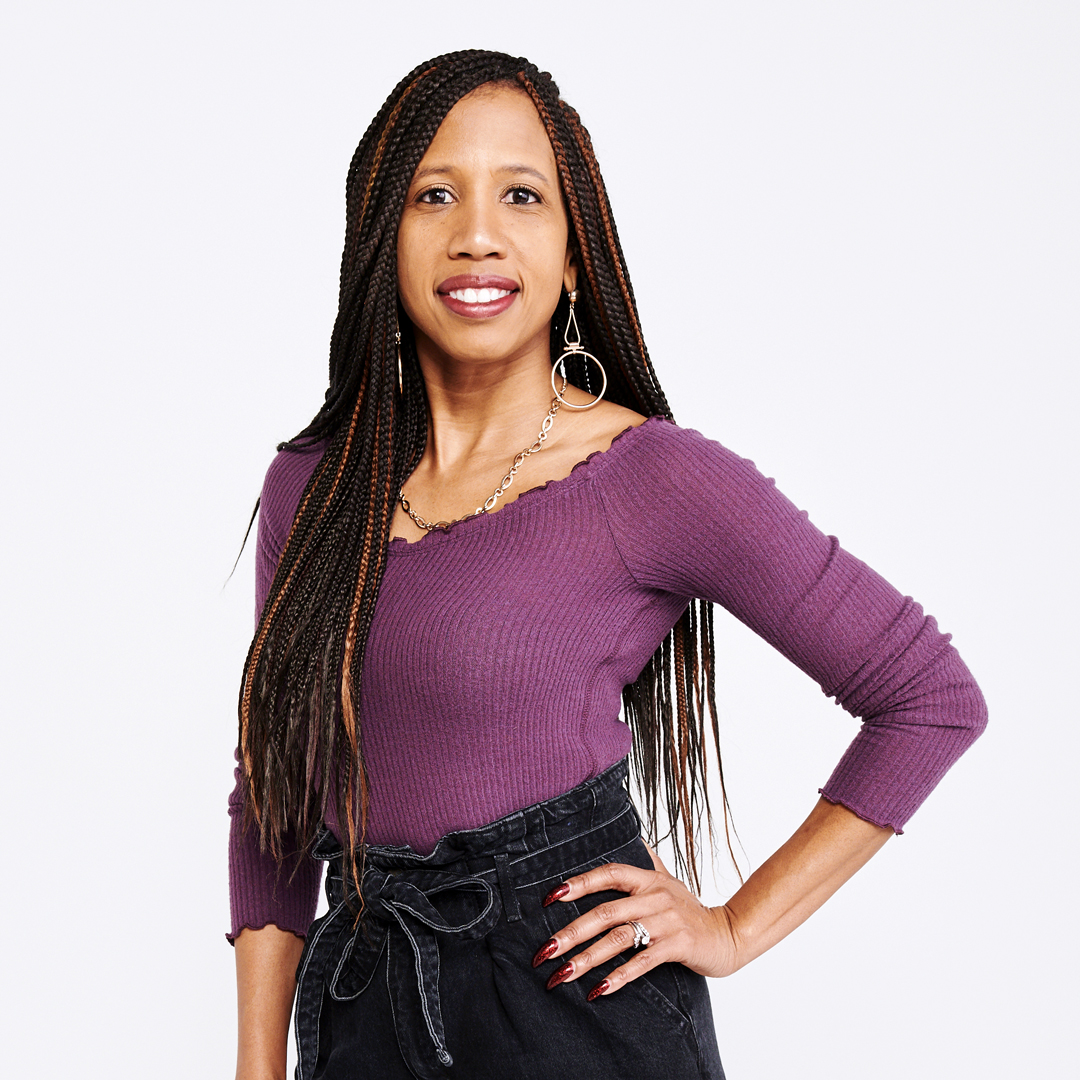|
Getting your Trinity Audio player ready...
|
As a child, Claudia Ibarra loved science. She was fascinated by the way cells reproduced and the way tissues grew. Her interest in epidemiology crystallized in the fifth grade, when she learned about a particular infectious disease endemic in northern region of her native country, Argentina. Chagas is spread through insect bites, causing pain and swelling around the eye. “How could an insect do this?” Ibarra remembers thinking. She decided then that she wanted to study science and help cure disease.
That’s exactly what she’s doing now as the senior vice president of laboratory operations with Exagen Diagnostics, where she oversees a team of twenty-seven employees. Exagen specializes in creating medical tests that diagnose and monitor a range of autoimmune diseases. Most recently, Ibarra helped with the validation of a newly developed test that can identify lupus patients who may be at risk of a thrombotic event.
Although laboratory work requires attention to detail and scientific understanding and training, it also requires highly developed interpersonal skills. This is why fostering a culture of helpfulness is so important to Ibarra. It can make a huge difference in product quality and overall team morale. To build the kind of team that she envisions, Ibarra personally interviews all job candidates, and hires those who demonstrate a sincere and caring attitude toward patients. Honesty is also a top priority; everyone makes mistakes, she says, and it’s important for employees to tell their supervisor when mistakes are made so they can be fixed promptly.
To create a positive and motivating work environment, Ibarra encourages her team to stay present and engaged during the workday. “Everyone wants to go to a workplace where they feel appreciated,” Ibarra says, and she sometimes finds herself in the role of counseling team members to facilitate interpersonal interactions. She believes that when employees feel supported by both their managers and their peers, they do better work.
Ibarra does more than just support her team; she also mentors employees who want to advance their careers. After all, it wasn’t so long ago that she needed a mentor herself.
When Ibarra immigrated to the United States in 2000, she left behind a successful career as a laboratory scientist in Argentina. Her husband had found an excellent job at a biotech firm in San Diego, and they felt confident that Ibarra would also continue her career. However, the process of obtaining a work visa was long and daunting. She was poised to start working in 2001, but 9/11 created a sudden backlog in immigration.
“I started to freak out,” she recalls. Worried that she was going to lose career traction, Ibarra took biotechnology classes at a local college and also went through the process of getting licensed to work in California’s clinical laboratories. Although she still wasn’t eligible for employment, an unpaid internship gave her the opportunity to work in science and helped introduce her to other people in her field.
By the time Ibarra’s work visa was approved, she had lived in the United States for five years. The experience of putting her career on pause at times felt “stressful and depressing,” she says. She was relieved that she could finally continue her career but encountered more frustration when her first US job was in an entry-level role.
Though Ibarra had fifteen years of experience, she had to start her career from scratch. Determined to excel in her field, she quickly rose from technologist to manager to director in her lab.
“I felt like I was starting over all the time. It was difficult to show that my knowledge of laboratory science was better than my English.”
During this time, Ibarra longed for guidance on how best to navigate her career. “I had to figure out the process by myself,” she says. “I felt like I was starting over all the time. It was difficult to show that my knowledge of laboratory science was better than my English.”
As her career has advanced, Ibarra no longer feels that she’s fighting against the grain. One of the things she enjoys most about working in a laboratory is that so many people have international backgrounds. “I’m very lucky to work with people in science who understand other cultures and are used to people from other cultures,” she says.
Ibarra also uses her senior position as a vantage point to support others. She enjoys discovering people’s interests, so she can identify opportunities for them to advance in their careers. For example, Ibarra advised an Exagen employee to pursue a master’s degree in order to advance into a management role within the company.
It gives her a good feeling, she says, to see others do well. “People have told me my career advice gives them a sort of hope, because through my own story, they can see what is possible for them.”
To arrive in her current position, Ibarra has weathered a long and painstaking immigration process, overcome workplaces biases, and restarted her career from the ground up. The adversity she endured paid off. “This is a country full of opportunities,” she says. “It’s your job to look for the right place, and to put all your passion and energy to get where you want to be.” She tells her team the same thing she tells her own children: “Never give up.”

